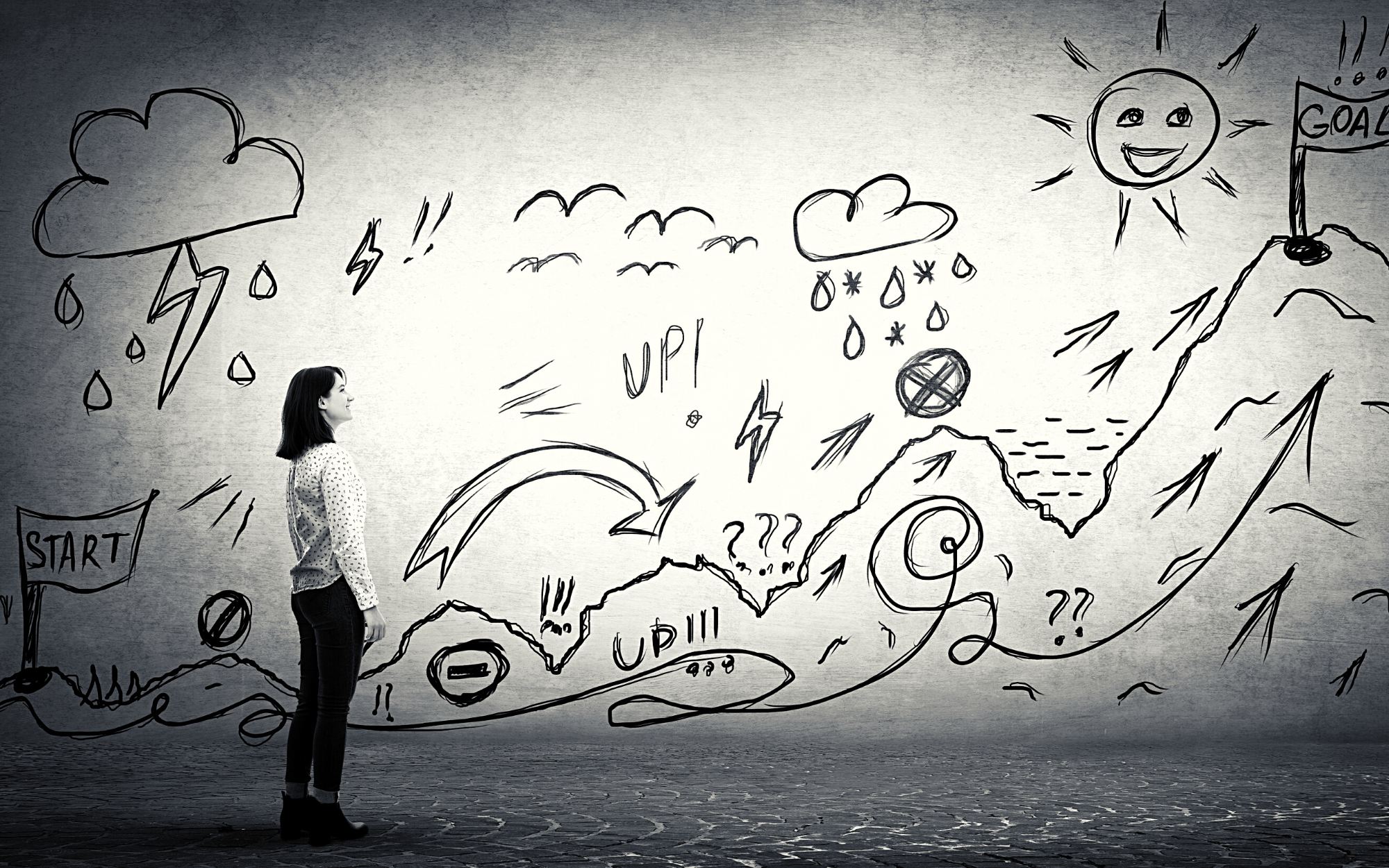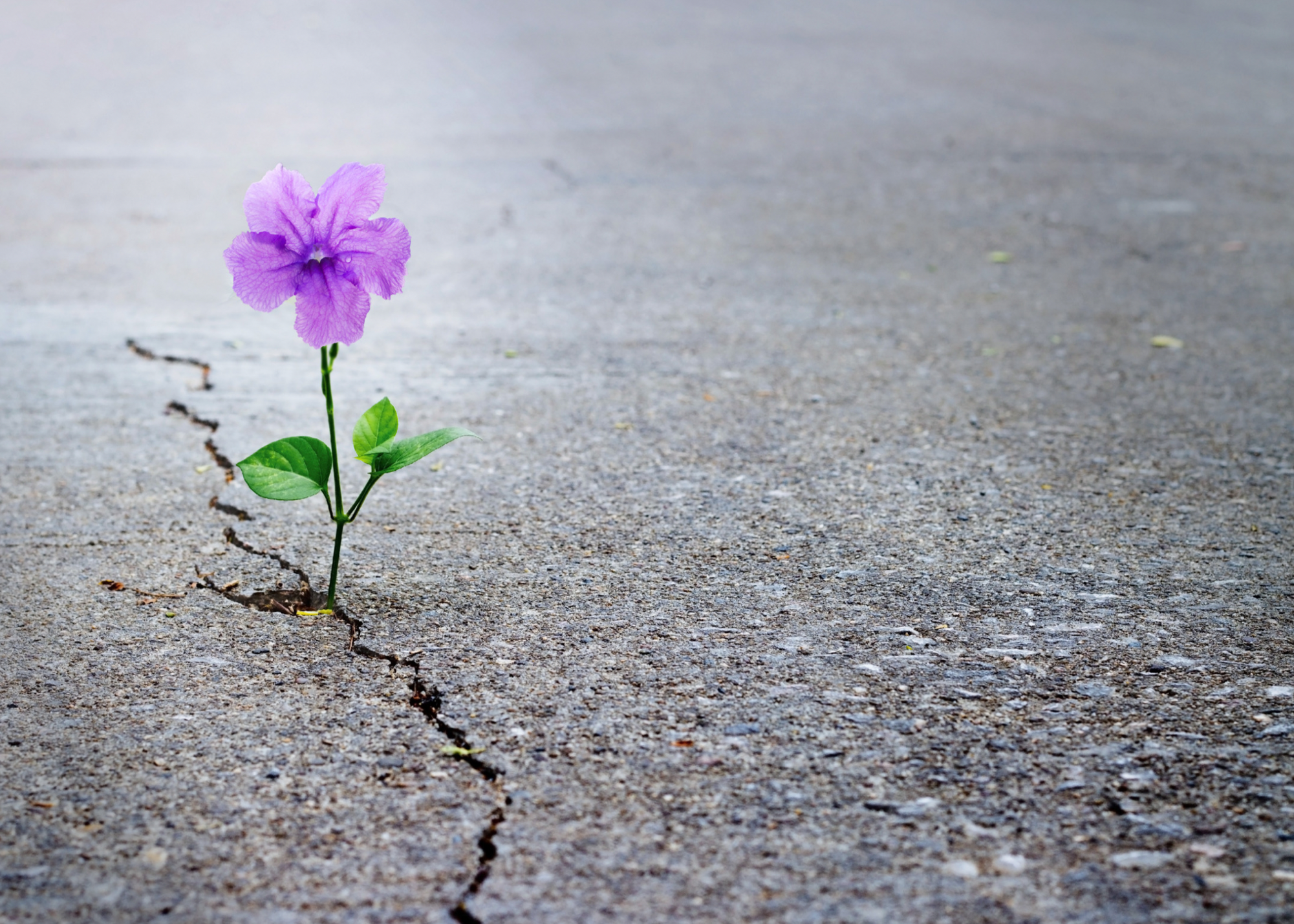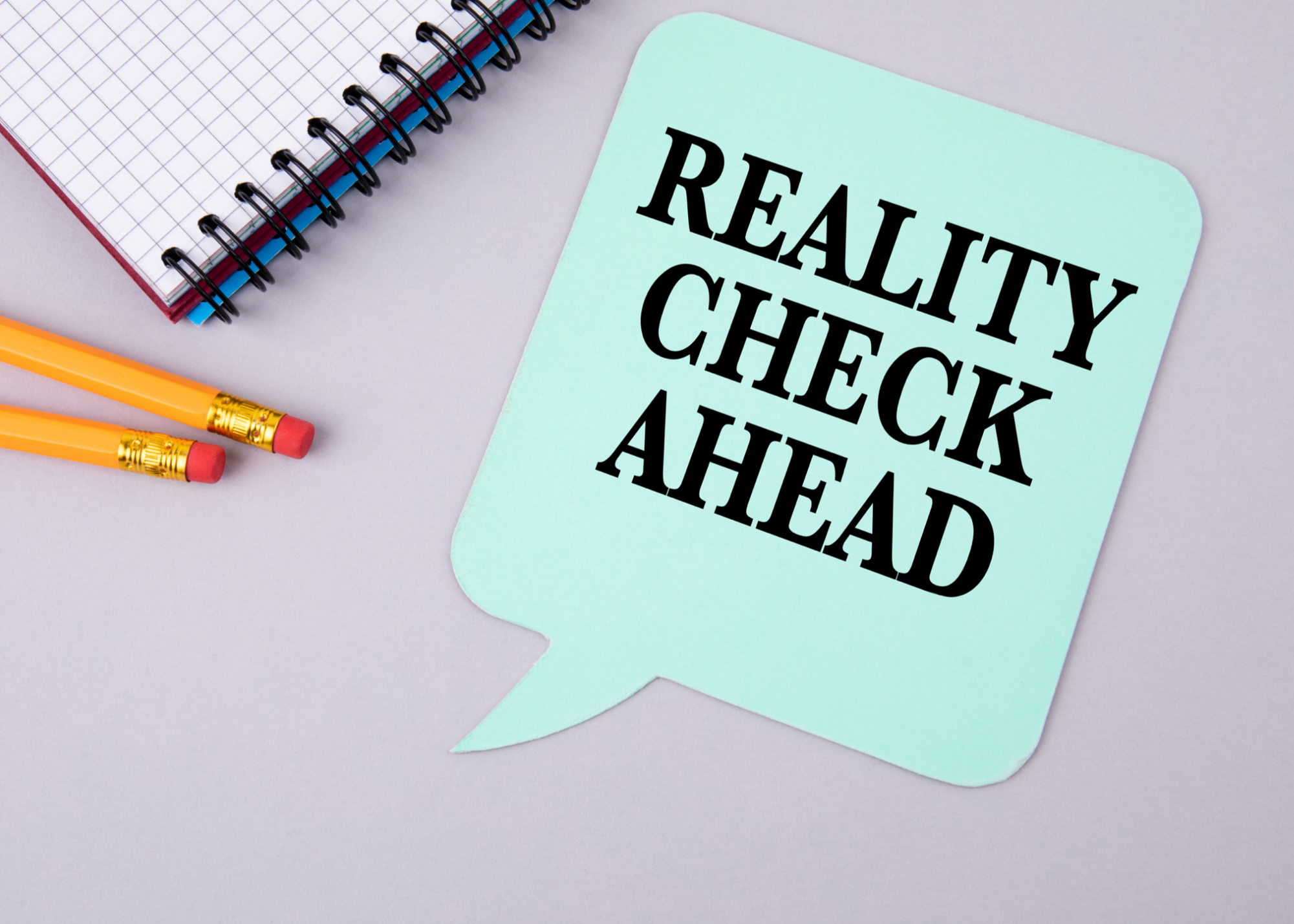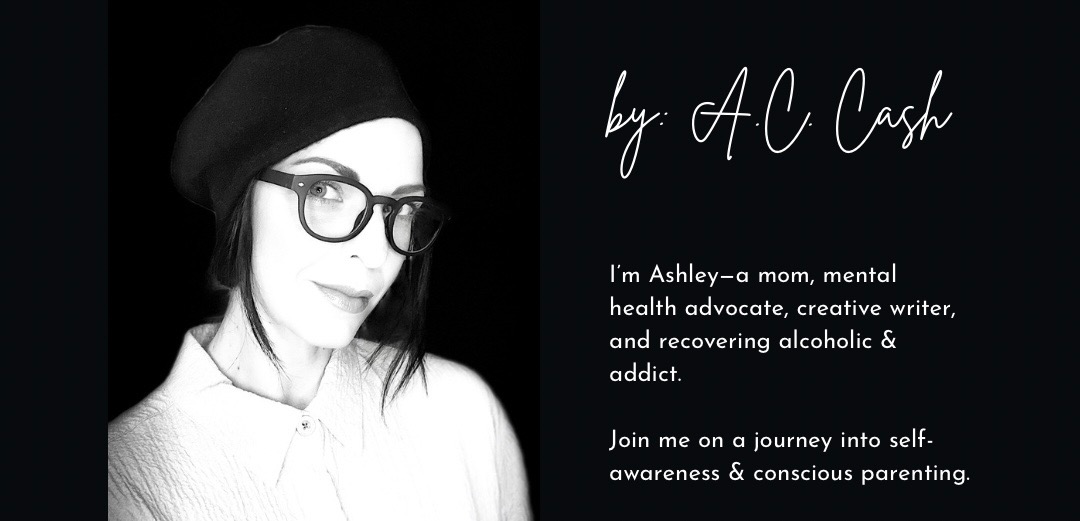
Vol. 22: Is Acceptance the Anxiety Antidote?
Long ago, Swiss psychologist Carl Jung said,
“What you resist, persists. What you embrace, dissolves.”
Very often, our suffering can be directly related to the degree to which we resist the truth. In other words, instead of getting hung up on how you ended up wherever you are, you can find peace in accepting the present and working from that point to create a better future.
It's realistic optimism in action, as it means we have an accurate assessment of our current reality, but we know that with time, effort and perseverance, we can improve things and we can grow.

Before I go any further, I must offer up a disclaimer:
You don't have to approve just because you accept.
Even so, we must acknowledge things as they are, events as they play out, and situations as they unfold without screaming, "But that isn't fair! It should be different!"
Acceptance isn't complicated, but a lot of people misunderstand it. They think it means resigning ourselves to misery. But acceptance doesn't mean rolling over and playing dead in the face of life's pains, problems, and injustices. Acceptance doesn't mean we're giving our approval to the way things are, either.
Acceptance means that you're no longer pridefully assailing reality like some mentally-ill martyr hellbent on proving a point. Because unless you're a trout or a salmon, I can assure you that swimming upstream will only wear you out and drag you down.
The realities of both me and my present circumstances will still exist whether I accept them or not.
Are you the kind of person who enjoys crossing a busy street with your eyes closed?
Is doing so advisable?
Not in real life, and certainly not as a parent in recovery.

Acceptance is like opening up those peepers and acknowledging what's in front of you so you can deal with it intelligently; it's letting go of the problem and focusing on the solution.
You don't have to like something to accept it as truth. For instance, you do not have to remain silent in the wake of oppression or abuse! But, it's vital first to accept the concern for what it is, then strategize a way to work through it or spin it toward the greater good.
A Tall Order of Anxiety Disorder
You might be familiar with how anxiety feels. For example, an impending deadline may create a cascade of nervous feelings. Perhaps, you lay awake at night worrying about your family's finances, relationships, and future. But, on the other hand, maybe you're not even sure what sets you off.
Anxiety is one of those human emotions we all experience, at least occasionally. It's also our body's alarm system: a way of letting us know we're stressed or under some threat physically or emotionally. But this feeling may rarely subside for some, especially people with an anxiety disorder (it's me, it's me!)
If you feel like your anxiety is interfering with your livelihood, it may be time to look at your subconscious mind's role.
These days, I work really hard to curb my anxiety and the negative impulses it brings. There are times—quite often, if I'm honest—that I trip over a toy discarded in the middle of the hallway by my tiny whirling dervish of a son.
My first thought is always the same, "He shouldn't leave his toys on the floor, and I wouldn't trip!"

Each time it happens, I become more successful at reminding myself that it is what it is, and yelling, blaming, or acting in vengeance changes nothing about the fact that I didn't see the toy on the floor and therefore lost my footing—big fucking deal.
Instead, we should reserve that high-stress anxiety for the real McCoy stuff; save that cortisol shot for smashing the patriarchy—you know, one of those "accept it for what it is, then do something about it" jawns.
Acceptance & Addiction Recovery
Most addicts and alcoholics go about their daily lives at an outrageous level of fantasy. Addicts are the top dogs of pretending! Our makebelieve rivals that of a gaggle of four-year-olds; that's how good at feigning we are!
In active addiction, my pretending had one primary purpose: to prove to myself and you that I was irreparable, misunderstood, and the tragic victim of a monumental karmic injustice, which, of course, kept me stuck!
Enter the first and most potent tool of recovery handed to me; it's the opposite of pretending, resisting, avoiding, and rationalizing.
Yeah, you guessed it, acceptance!
During my early days as a member of Alcoholics Anonymous, I heard the word repeated almost constantly. I grew to despise hearing it spoken aloud in a sentence, like: "Acceptance is the key to all my problems today!"
I remember thinking, "No, assholes are the key to all my problems every day!"
Sure, people rub me the wrong way from time to time. But they aren't the problem. It's true; other people aren't responsible for my anxiety, anger, or frustration; I am. After all, it's me refusing to accept them as they come.
Acceptance is the answer to all my problems today. When I am disturbed, it is because I find some person, place, thing or situation—some fact of my life—unacceptable to me, and I can find no serenity until I accept that person, place, thing or situation as being exactly the way it is supposed to be at this moment.
Radical Acceptance
Radical acceptance is a skill where people learn to accept things outside their control—like past events, thoughts, memories, emotions, physical sensations, and other people. It is associated with a type of emerging mental health treatment called Dialectical Behavioral Therapy, or DBT, and it means acknowledging your mind, body, and heart fully and without judgment in the present moment.
Radical acceptance is a form of distress tolerance and works from the premise that challenging our thoughts and fighting against them can be futile.
Mental Health experts say that the more we try and control or stop our thoughts from occurring, the stronger and more intense those thoughts and associated feelings will likely become.

We can often respond more favorably to feelings of despair through radical acceptance. In addition, it allows us to stay in the present without ruminating about the past or predicting the future.
The common perception of acceptance is to ask that we know the facts of a situation and agree or approve of them. However, radical acceptance does not suggest we have to agree or consent to things outside our control but instead be willing to allow them to come and go naturally at their own pace.
This modality works so that we know the facts, despite how painful they may be, and we acknowledge them nonjudgmentally. It is feeling uncomfortable and unwanted reactions for what they are, without evaluation or struggle. We see things not only with our rational minds but also with our emotional minds.
Anxiety Antidote?
If you're experiencing severe anxiety, it may be time to seek professional help. However, I speak only from research and personal experience, neither of which compares to a medical diagnosis and treatment plan as prescribed by a doctor.
With that in mind, understand that practicing acceptance is critical in harnessing anxious feelings and abstaining from fighting reality; ceasing the fight is vital for addiction recovery and peaceful parenting.

Does that mean we should sit back and watch the world crumble before our eyes?
Like my son always says: "That's gonna need some gorilla glue!"
Unfortunately, we can't always be the glue; sometimes, we're the solvent. And no matter which position you find yourself in, like spilled milk—abandoned toys and twisted ankles, too—it isn't worth crying over.
When in doubt, ask yourself, "What's the worst possible outcome?"
Then, once you arrive at an answer, ask a second question: "Can I handle that?"
THIS WEEK’S LINKS:

Post a comment